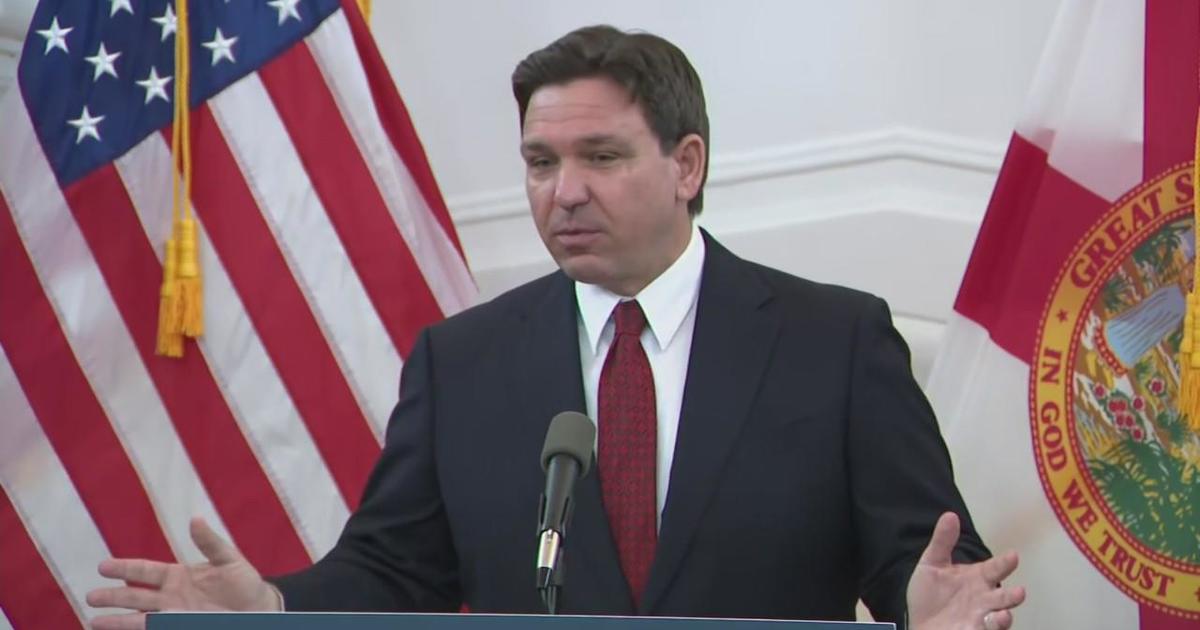Social Security In 1935: How Today's Health Law Should Evolve
“If you like your health care plan, you'll be able to keep your health care plan, period.” – President Barack Obama speaking before the American Medical Association on June 15, 2009
The president’s promise is proving not to be completely accurate. While the Affordable Care Act (ACA) grandfathers in plans that were in force at the time the act was signed, nothing in the law requires insurers continue offering current policies. Across the country, Americans are receiving cancel notices, and opponents of the ACA, with great indignation, are pointing to this as another indication the new law will go down in flames.
Last month, it was the less-than-smooth launch of the Healthcare.gov website. Nine days after the insurance marketplaces opened, House Speaker John Boehner described the exchange as a "train wreck." He asked, “How can we tax people for not buying a product from a website that doesn’t work?”
The technicians that built the federal exchange website had a tremendous task before them. Only 17 states took on the task of building their own exchanges, which left the federal website to handle the remaining 33 states. Healthcare.gov must direct consumers to policies offered in their state and county, process enrollments and calculate eligibility for tax credits and subsidies. CBS News reports that on opening day there were only six enrollments. Not an auspicious start, but this is not the first time a major government social program stumbled at the starting gate. Take, for example, the first major social program enacted by Congress.
“Never in the history of the world has any measure been brought in here so insidiously designed so as to prevent business recovery, to enslave workers, and to prevent any possibility of the employers providing work for the people.”– Representative John Taber (R-NY)
Congressman John Taber was not speaking about the Affordable Care Act; he died 45 years before the ACA was signed. This Taber quote comes from an April 1935 speech made following the House Ways and Means Committee vote on the Social Security Act.
In 2012, 56 million retired or disabled workers, their spouses and dependents, and survivors of deceased workers were paid Social Security benefits, providing a level of financial security far beyond provisions included in the original legislation.
The 1935 law provided monthly benefits to retired primary workers who have reached the age of 65. At it’s inception, Social Security covered about half the jobs in the economy. Collection of payroll taxes was to begin in 1937 and monthly benefit checks were to begin in 1940. Those who retired between 1937 and 1940 were issued lump-sum benefits. All this required a huge effort on the part of the Social Security board to enroll workers, collect taxes, issue payments and set up field offices across the country. It was a tough climb in this pre-computer age.
The Social Security Board had to devise a numbering system to circumvent the problem of duplicate names, and it turned to the U.S. Postal service to distribute and collect Social Security applications, as the Board did not have the resources to accomplish this task.
In 1939, before monthly payments even began, the law was amended to include survivor benefits and benefits for a retiree’s spouse and children. In the '50s, the law expanded to include the self-employed, farm and domestic workers who had been excluded from the program. Disability benefits were added in 1956. Medicare was added in 1965, and automatic cost-of-living adjustments began in 1972. Not a decade has passed since FDR signed the bill that the law has not been amended.
Congressman John Taber’s belief that the Social Security Act would enslave workers and prevent businesses from pulling out of the depression, in hindsight, was hyperbole. Most Americans like their Social Security. Perhaps 75 years from now, Americans, happily buying health insurance on a government exchange, will look back on Speaker Boehner’s “train wreck” speech with a bemused smile.
Gillian Burdett is a freelance writer covering all things home and living. Her work can be found on Examiner.com.



